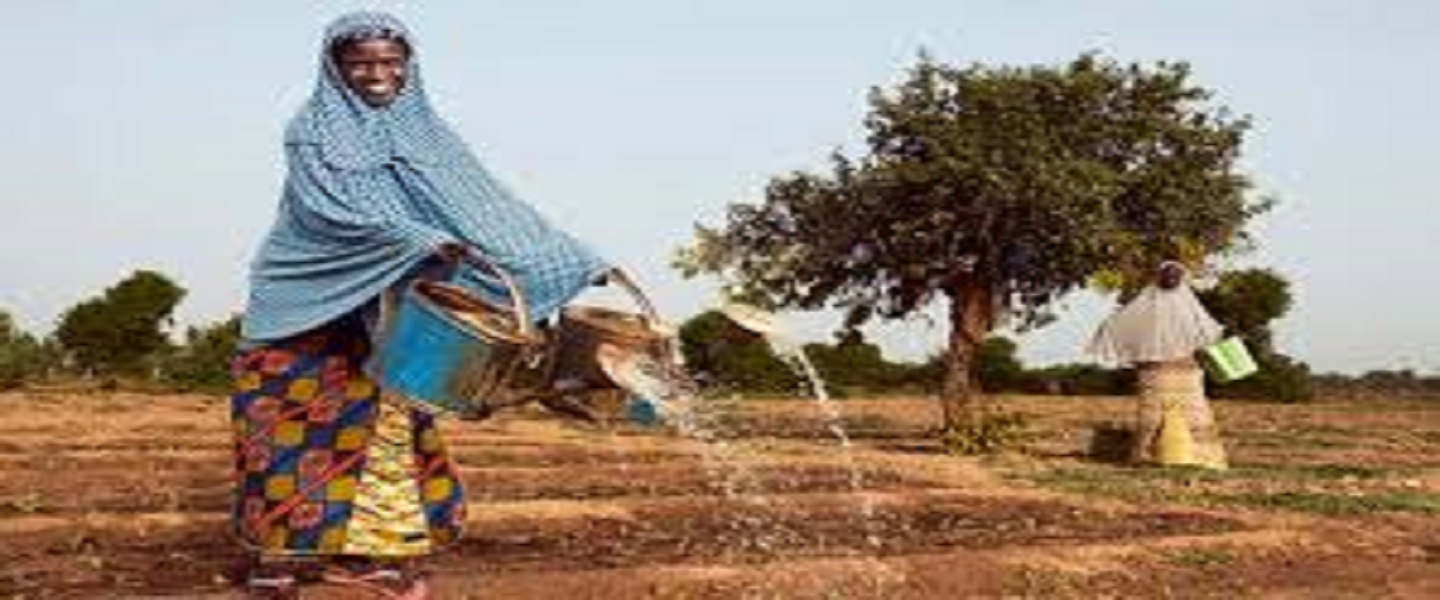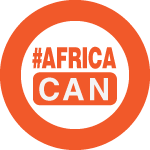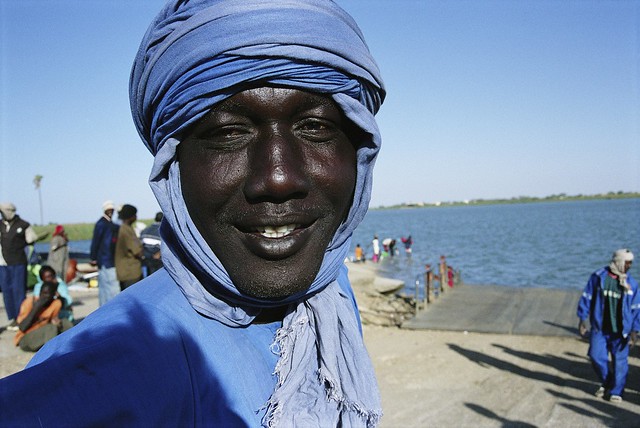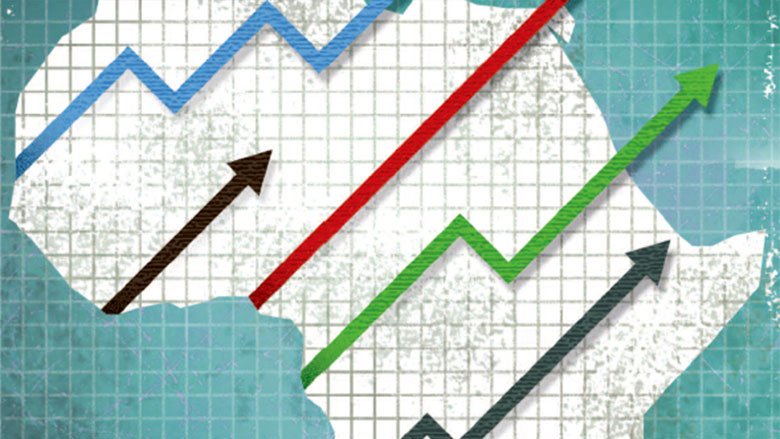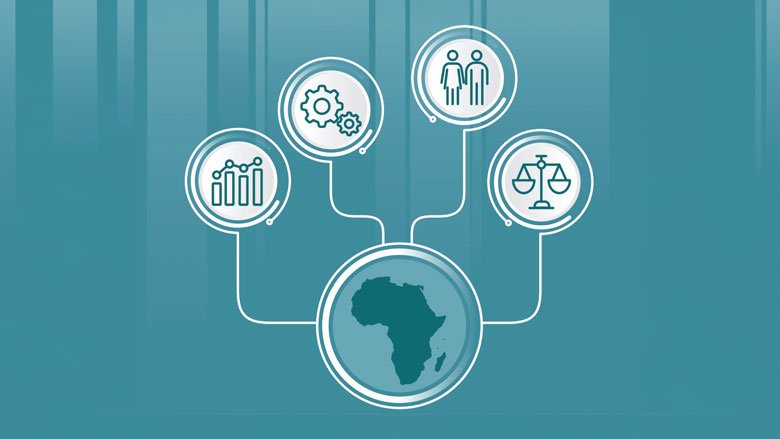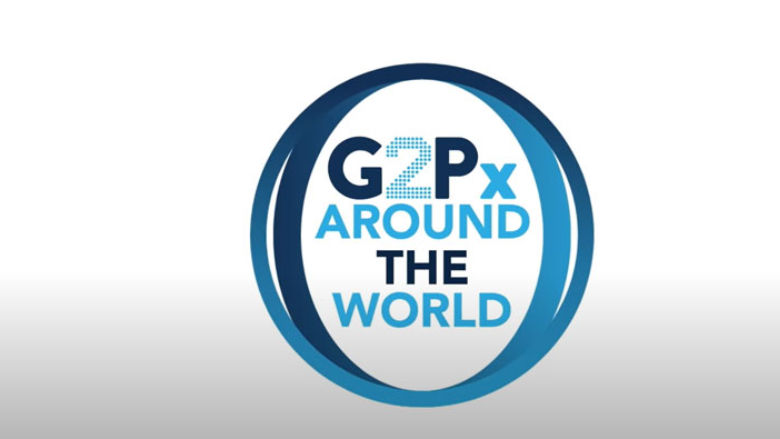A vast country with a long coastline and central plateau, Angola thrusts inland across Southern Africa to border Namibia, Botswana, Zambia, and the Democratic Republic of the Congo. Its principal cities, including its capital, Luanda, look west over the South Atlantic to Brazil, another Portuguese-speaking nation (like itself). It has a population of more than 33.08 million (2022).
Economic Overview
Angola’s economic fortunes have been tied to global oil demand, which brought volatile growth and left the country with high levels of poverty and inequality. Reforms over the past five years have improved macroeconomic management and public sector governance. Macroeconomic stability has been enhanced through a more flexible exchange rate regime, central bank autonomy, sound monetary policy, and fiscal consolidation.
Economic growth in 2023 has been revised down to 0.8%. Oil production fell short of expectations due to a major maintenance shutdown in the first half of the year. Lower-than-expected oil exports and high debt service payments reduced the supply of foreign currency, triggering a 40% currency depreciation in May-June. The non-oil sector slowed down after this cost-push shock to key inputs as well as the one-off adjustment in gasoline prices in June. In response, as the stagnation affected revenues and the slide in the kwanza inflated both interest payments and fossil fuel subsidies, the government trimmed other expenses.
The currency depreciation and the increase in gasoline prices have both fueled inflationary pressures since mid-2023. Year-on-year inflation reached 24% in February 2024, compared to 11.5% in February 2023, driven primarily by food prices. In response, the National Bank of Angola raised its policy rate by 100 basis points to 18% in November and then to 19% in March. Since around 80% of public debt is denominated in foreign currency, exchange rate depreciation pushed the debt-to-GDP ratio up from 69% in 2022 to 87% in 2023.
The economy is not generating enough jobs to keep up with Angola’s growing working-age population. Over 550,000 new workers joined the labor force between end-2022 and end-2023, but just 10,000 jobs were added. Urban and youth unemployment surged to 42 and 58% at end-2023, respectively, up from 39 and 53% a year earlier.
Growth is expected to rebound since 2024, driven by non-oil sectors. While new oil projects could increase oil production in coming years, it would be difficult for the sector to avoid long-term decline due to oil depletion and lack of investment. Inflation is projected to decline starting mid-2024. Monetary policy tightening, a conservative fiscal stance, and enough international reserves to reduce pressures on the exchange rate are expected to contain the inflationary pressures. Food inflation, combined with a weakening labor market and a decline in per capita growth, suggests that poverty may increase to 36.1% in 2024, which corresponds to almost 13.5 million Angolans living on less than $2.15/day.
Development and social challenges
Angola’s dependence on the oil sector has increased its vulnerability to external shocks and undermined macroeconomic stability. Strong real exchange rate appreciation has stunted the non-oil economy and limited economic diversification and job creation. Among those employed, 80% are informal, and half are either self-employed with no employees, or unpaid workers of family enterprises. Although economic recovery is expected in 2024, the over-reliance on oil means that risks to the outlook remain high.
Diversification remains elusive while oil production is in structural decline and global decarbonization looms in the medium term. Angola needs to urgently invest in removing barriers to private sector investment to achieve economic diversification to support growth, job creation, and poverty reduction. With abundant agricultural and arable land and favorable climatic conditions, agriculture is the sector with the highest potential to drive this diversification. Nonetheless, Angola will need to build climate resilience as its exposure to extreme climatic events is expected to increase water scarcity, raise temperatures, and extend dry seasons, hurting agricultural productivity.
Political Context
Angola operates under a multi-party system, where general elections are held every five years. The Popular Movement for the Liberation of Angola (MPLA) has been in power since the country gained independence in 1975. In August 2022, the MPLA won the fourth post-war elections with 51% of the vote and secured President Joao Lourenço a second and final term in office.
Internationally, Angola is continuing to be assertive and demonstrating a steadfast commitment to peace and stability in Africa, particularly in the Democratic Republic of Congo where it has led regional efforts to end the instability that threatens the entire Great Lakes Region.
Last Updated: Apr 03, 2024

